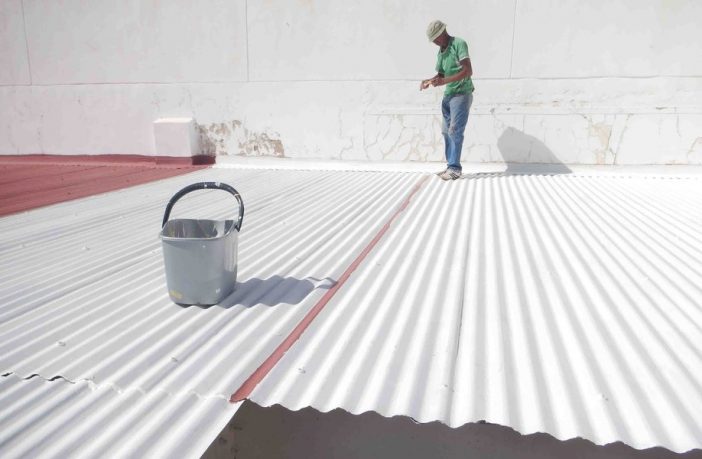- Ten award-winning project teams have each received $100,000 under the global Million Cool Roofs Challenge, to deploy their solutions between September 2019 and December 2020, six of these are from across Africa.
- Their projects include a range of innovative technologies and approaches for deployment in residential, municipal, and commercial buildings.
In a statement, the competition organisers noted that $1 million will be awarded in 2021 to the team that has demonstrated the best sustainable and most transferable model for rapid deployment of cool roofs, with the aim of deploying 1 million square meters of cool roofs.
Final projects will also be judged on the effectiveness, viability, scalability, and sustainability of their approaches.
To advance cool roof solutions, finalists were selected by a global panel of expert judges from academia, industry, civil society, government, and philanthropy.
“The Challenge received interest and engagement from applicants around the world. We look forward to seeing how the ten winners use their boost funding to accelerate the scaling of their cool roof innovations. These ten deployments are the kind of solutions the world needs to adapt to the warming world while minimising carbon pollution,” said Dan Hamza-Goodacre, Executive Director of the Kigali Cooling Efficiency Program.
As the world warms, rapidly scaling up cooling solutions like solar-reflective cool roofs in countries exposed to heat stress and lacking widespread access to cooling services is essential. Studies show that in buildings without air conditioning, replacing a dark roof with a white ‘cool’ roof can reduce interior temperatures by 2 to 3 degrees Celsius and net annual energy use by up to 20%.
The winning projects focus on geographies across the developing world and on a range of innovative solutions, including high performance solar reflective products, indigenous insulating materials, light-coloured paint, and a reflective coating financed by revenue from a community plastic waste recycling programme.
Nick Virr, Programme Director BRAC UK commented: “I am impressed with the range and quality of the proposed solutions to this important challenge. I am confident that as the finalists rollout their innovations and business plans that we will all learn a great deal about how to improve the living conditions of millions in new ways—I will watch and listen carefully.”
Estimates show that over one billion people face significant risks from extreme heat every year and live without access to electricity for cooling. Another 2.3 billion can afford to purchase air-conditioning but only the most inefficient models, which use super polluting F-gases that are thousands of times more damaging to the climate CO2.
Lisa Bate, Chair of the World Green Building Council said: “Our finalists represent three of our most vulnerable warming regions where reducing heat loads is critical to support life on Earth. We look forward to the implementation phase of all of their award-winning, scalable solutions to maximise results.”
The Million Cool Roofs Challenge is an initiative of the Kigali Cooling Efficiency Program, the Global Cool Cities Alliance, Sustainable Energy for All, and Nesta Challenges.
Author: Ashley Theron
This article was originally published on ESI Africa and is republished with permission with minor editorial changes.















